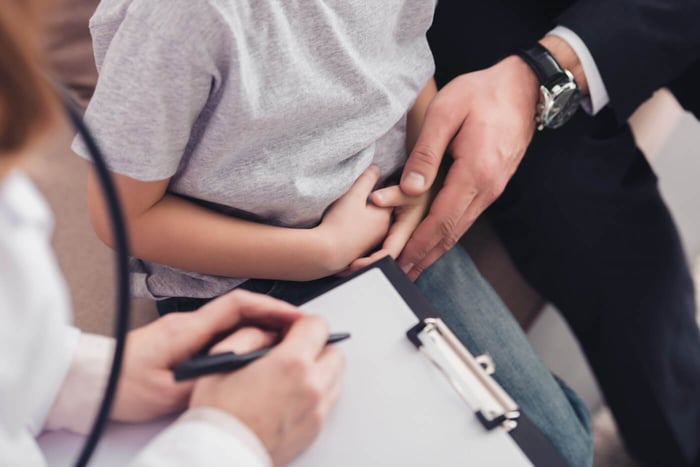You can have HIV and still lead a healthy life
DIFFICULT ADJUSTMENT
Initially, it was not easy for him to accept as he wondered why only he contracted the virus and not his elder or younger brothers. It’s only his mother who had also turned out positive.
While in college, he was living in hostels and timings for taking drugs were tricky for him.
At one time he ended up having a high viral load, which affected his health, and he became so weak until colleagues began questioning him.
“Due to the stigma, I felt like quitting college, but I thank one counsellor at Mariakani Subcounty Hospital, who came and counselled me and advised me on how to move on,” he says.
Kote got back on drugs and he regained weight well. To date, he is the youth champion for Operation Triple Zero at Mariakani Subcounty Hospital.
During the outbreak of the Covid-19 pandemic, he thought an HIV-Aids patient could more easily be infected by the virus than those who are negative.
However, the Ministry of Health guidelines helped him understand that anybody could contract the virus, and all one needed was taking precautions such as wearing masks, keeping social distance and avoiding crowds.
As a champion, he uses the knowledge to pass information on sexual and reproductive health, family planning and use of condoms, for those who are sexually active.
“I also ensure I sensitise fellow youth to follow the Covid-19 protocols because many are ignorant and have a wrong notion that the government wants to make money,” he says.
Kote always gives encouragement messages to other victims and even confesses to them about his status to enable them to feel strong.
Every day at 8pm, Kote must take the HIV-Aids drugs. He has a friend whom he sensitised who takes drugs at the same time as him, and they remind each other.
Kote resides in a rental house with a single parent, which enables him to live freely without stigma.
Kilifi Health executive Charles Dadu says the county will maintain the free family health clinics in all health facilities.
They will also put a lot of effort to recover from the Covid-19 pandemic, which saw a reduction of up to five per cent of health clinics.
“We want to thank all our health workers and partners that through sensitisation and advocacy, we’ve been able to restore the confidence back to our users, and those visitations are almost regaining to normalcy,” he said.
With such concerted efforts, people living with HIV-Aids are told not to worry and to continue going for ARVs and taking their drugs like the normal days before the Covid-19 pandemic, so as to maintain their health status.
Edited by T Jalio





